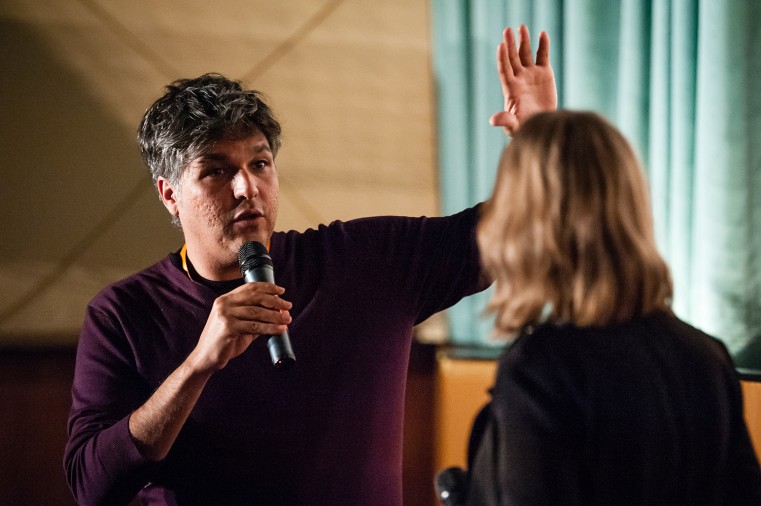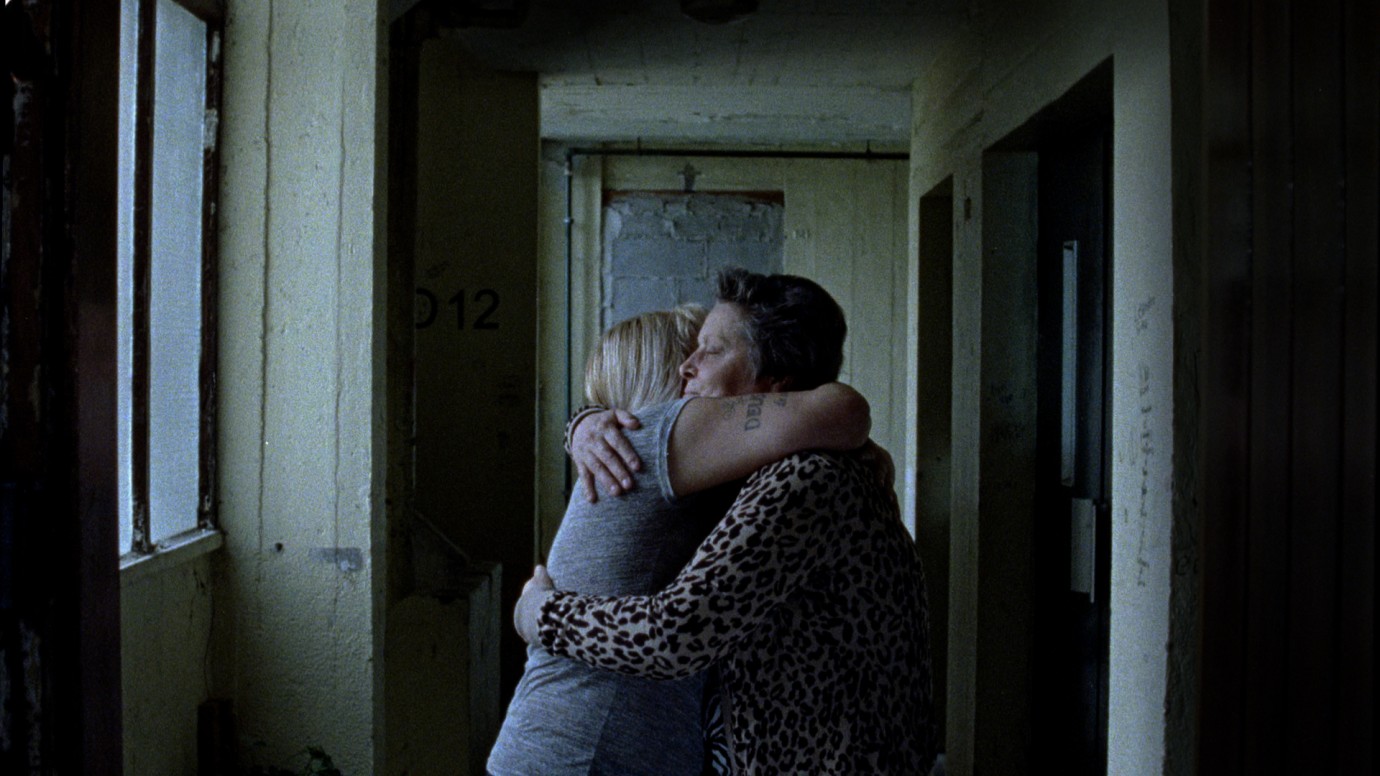
Russa by João Salaviza, Ricardo Alves Jr.
PRT/BRA 2018, Berlinale Shorts
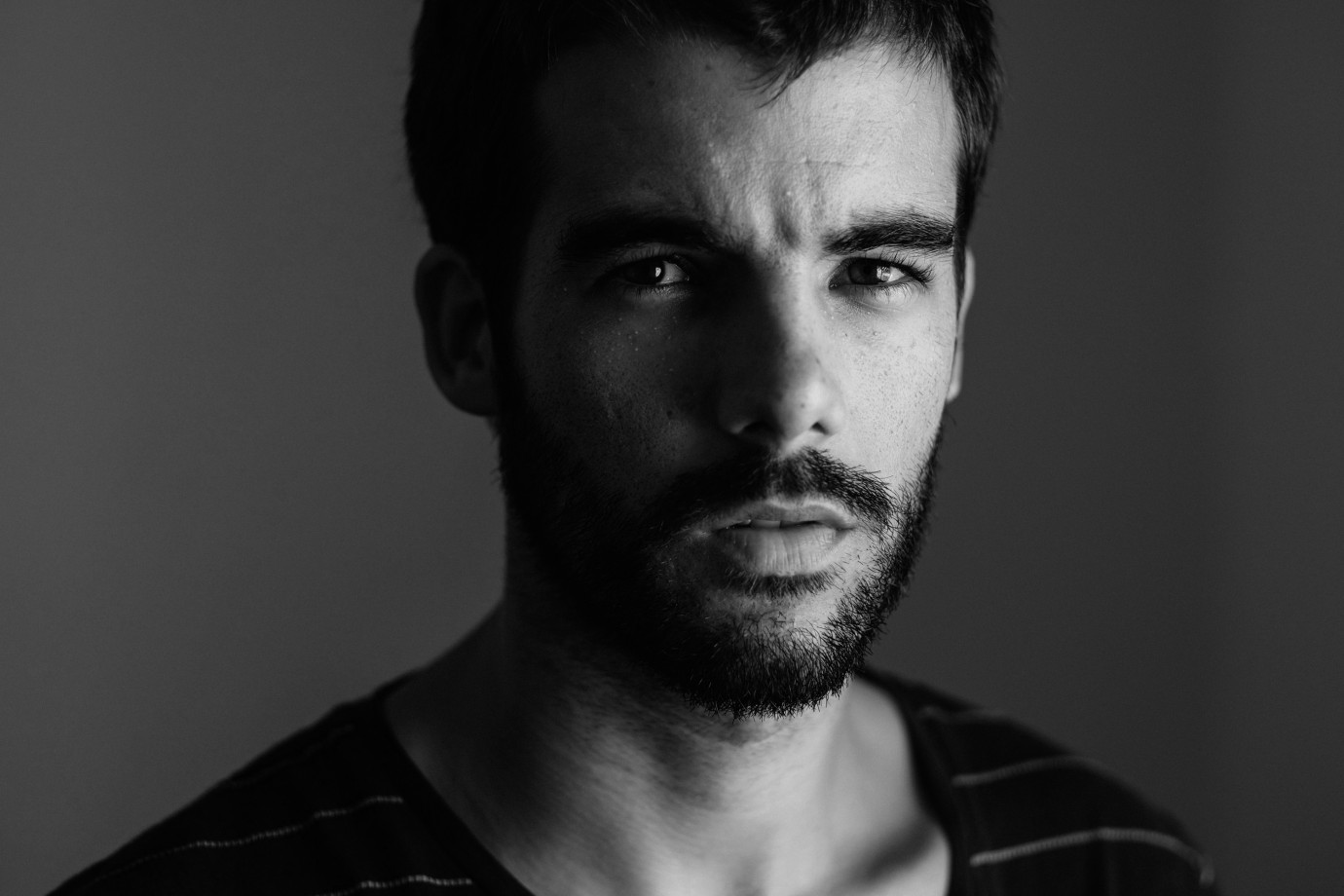
João Salaviza
Russa by João Salaviza, Ricardo Alves Jr.
PRT/BRA 2018, Berlinale Shorts
© Miguel Manso

Ricardo Alves Jr.
Russa by João Salaviza, Ricardo Alves Jr.
PRT/BRA 2018, Berlinale Shorts
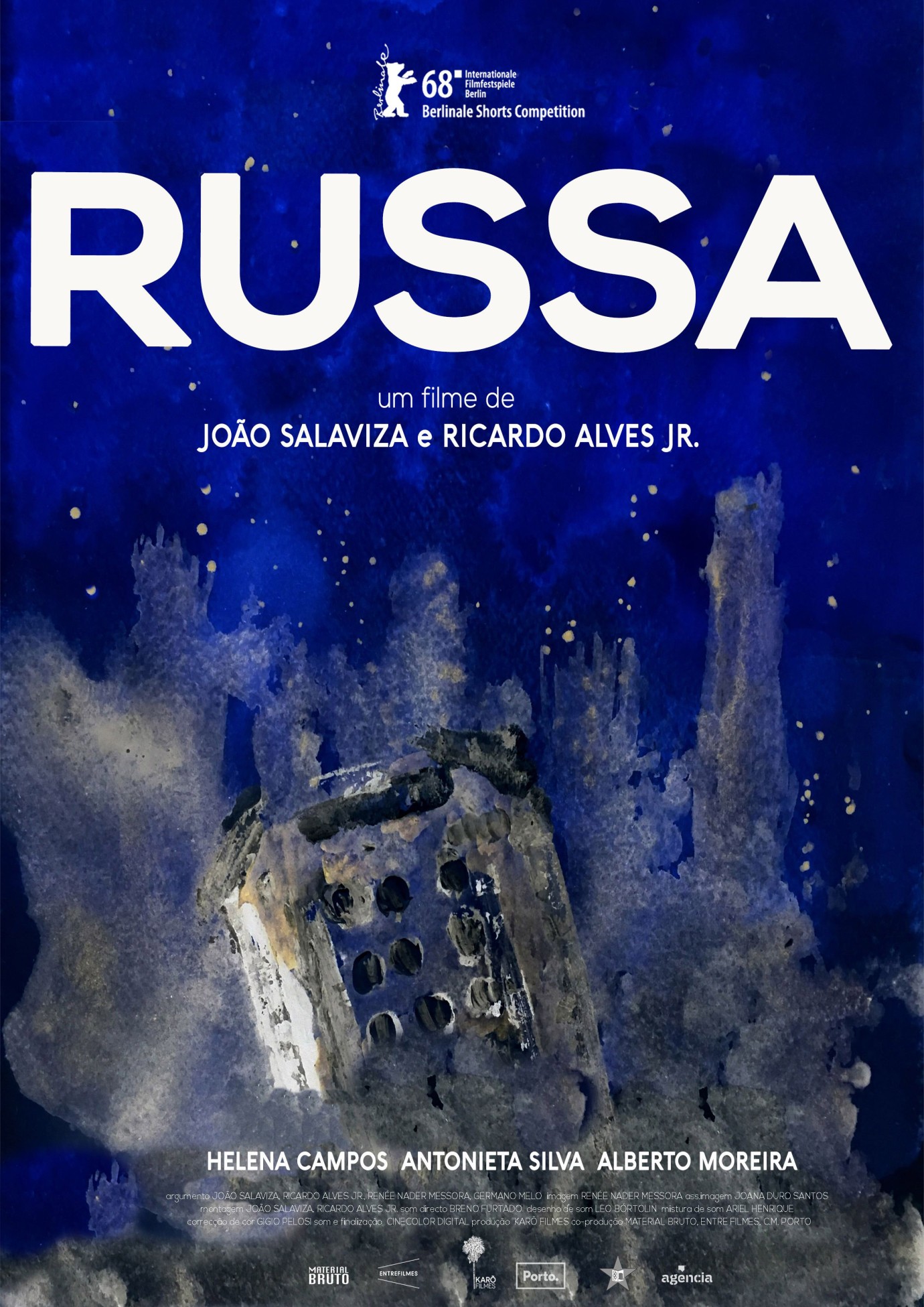
Russa by João Salaviza, Ricardo Alves Jr.
PRT/BRA 2018, Berlinale Shorts
Maike Mia Höhne
With
- Helene Campos
- Maria Antonieta
- Alberto Moreira
Crew
| Directors | João Salaviza, Ricardo Alves Jr. |
| Screenplay | João Salaviza, Ricardo Alves Jr., Renée Nader Messora, Germano Melo |
| Editing | João Salaviza, Ricardo Alves Jr. |
| Sound Design | Léo Bortolin |
| Producers | João Salaviza, Renée Nader Messora |
| Co-Producers | Ricardo Alves Jr., Thiago Macêdo Correia, Renée Nader Messora |
| Co-Production |
Entre Films Belo Horizonte, Brasilien Material Bruto São Paulo, Brasilien |
World sales
Agência – Portuguese Short Film Agency
Produced by
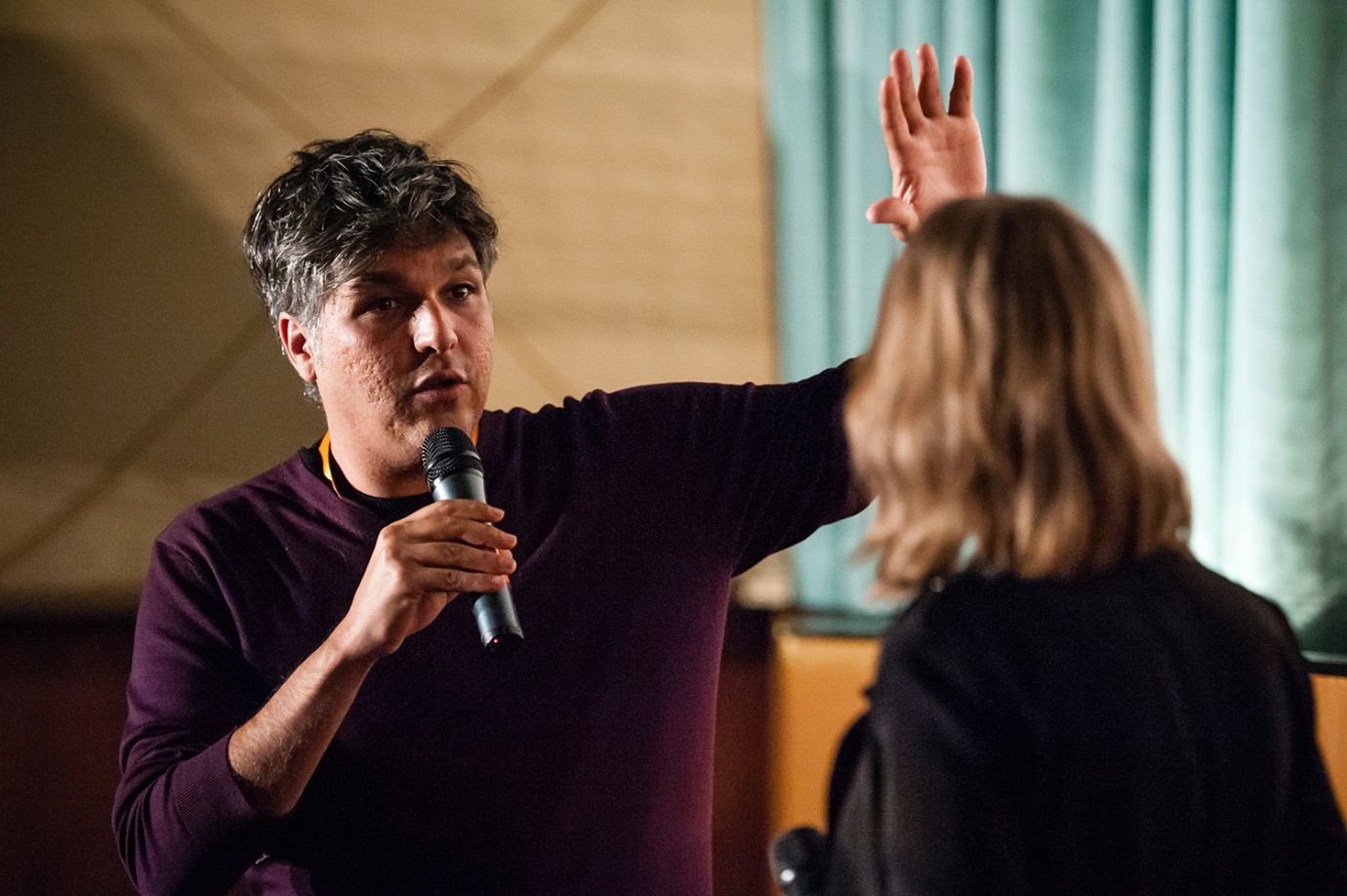
Ricardo Alves Jr.
One of the two directors of Russa at Berlinale Shorts Go Kiez.
Russa · Berlinale Goes Kiez · Feb 22, 2018
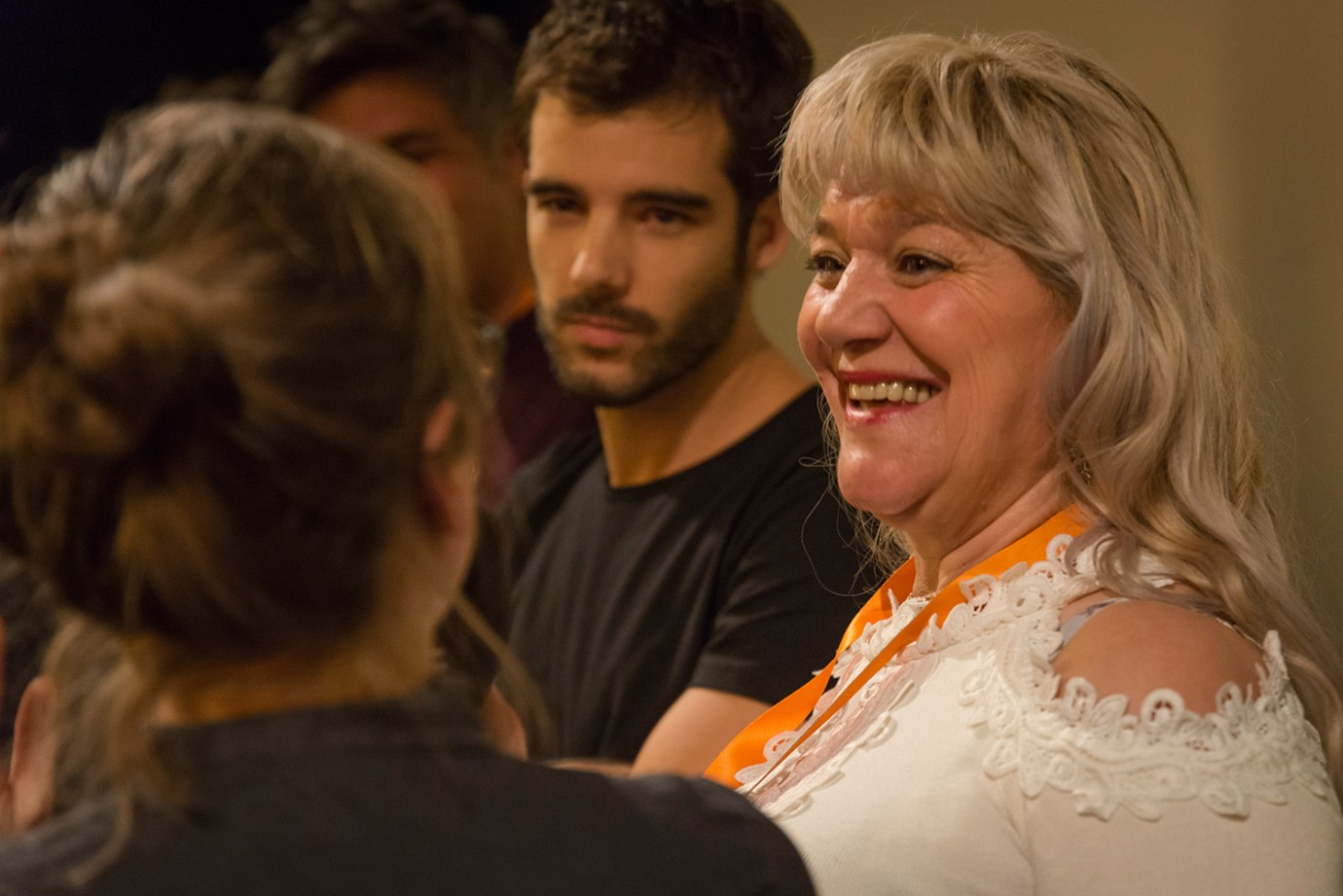
João Salaviza, Helene Campos
One of the directors and the actress of the short film Russa at the premiere of the programme “Berlinale Shorts I: Tall trees throw short shadows” at CinemaxX on Potsdamer Platz.
Russa · Berlinale Shorts · Feb 19, 2018
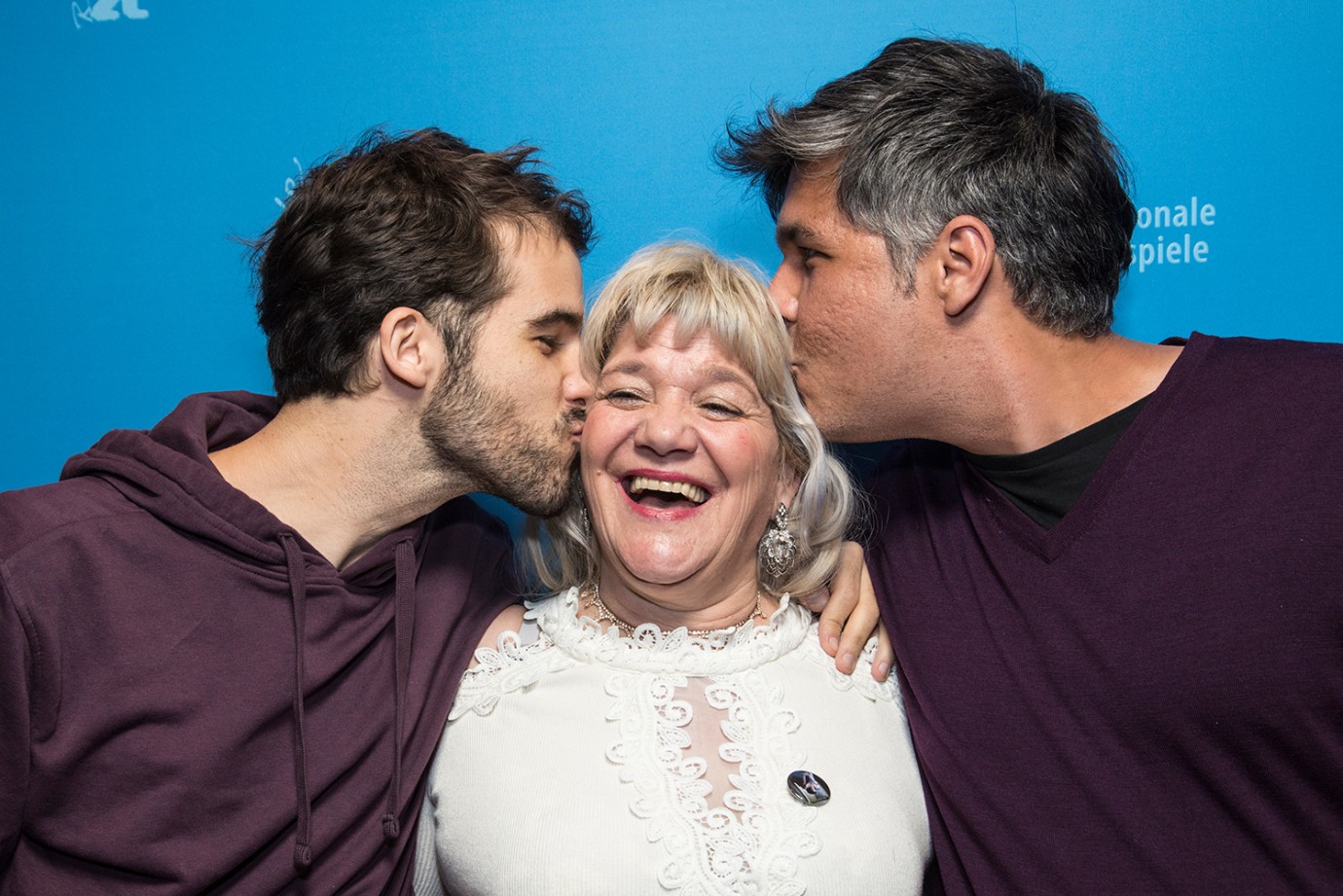
João Salaviza, Helene Campos, Ricardo Alves Jr.
The directors and the actress.
Russa · Berlinale Shorts · Feb 19, 2018
João Salaviza
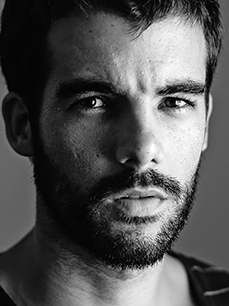
Born in Lisbon, Portugal in 1984, he studied at the Escola Superior de Teatro e Cinema in Lisbon and at the Universidad del Cine in Buenos Aires. His short films Arena (Palme d’Or at Cannes), Cerro Negro (International Film Festival Rotterdam) and Rafa (Golden Bear at the 2012 Berlinale) screened at over 100 festivals around the world and won numerous prizes. His feature film debut Mountain premiered in the International Critics’ Week at the 2015 Venice International Film Festival. Another visit to Berlinale Shorts followed with High Cities of Bone in 2017.
Filmography
2009 Arena; short film 2011 Strokkur; short film 2012 Cerro Negro; short film · Rafa; Berlinale Shorts 2015 Montanha (Mountain) 2017 Altas Cidades de Ossadas (High Cities of Bone); Berlinale Shorts 2018 Russa
Bio- & filmography as of Berlinale 2018
Ricardo Alves Jr.
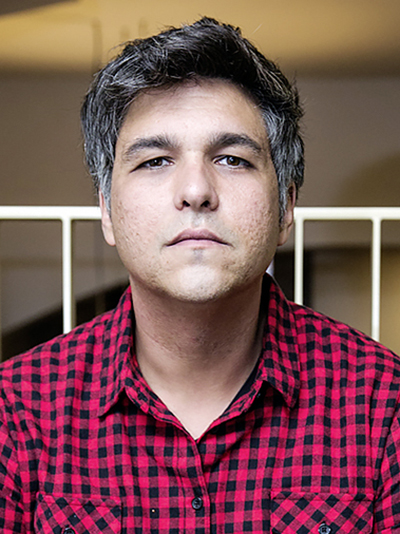
Ricardo Alves Jr., born in 1982 in Belo Horizonte, Brazil, is a filmmaker, producer and theater director who began by directing short films, which have been screened and have won prizes at numerous international festivals. He made his feature film debut in 2016 with Elon Não Acredita na Morte, which screened at festivals across Brazil, Latin America, China, and Europe and won several awards. He is producer of The Dead and the Others, which has been exhibited in over 30 festivals around the world.
Filmography
2006 Material Bruto (Raw Material) · Material Bruto (Raw Material); short film 2007 Convite Para Jantar com o Camarada Stalin (Invitation to Dine with Comrade Stalin); 10 min. · Convite Para Jantar com o Camarada Stalin (Invitation to Dine with Comrade Stalin); short film 2010 Permanências (Permanences); 34 min. · Permanências (Permanences); short film 2013 Tremor; short film · Tremor; 14 min. 2016 Elon Não Acredita na Morte (Elon doesn't believe in Death) · Elon Não Acredita na Morte (Elon doesn't believe in Death); 75 min. 2018 Russa · Russa; with João Salaviza, 20 min., Berlinale Shorts 2019 Vaga Carne (Dazed Flesh); with Grace Passô, 45 min.
Bio- & filmography as of Berlinale 2020
